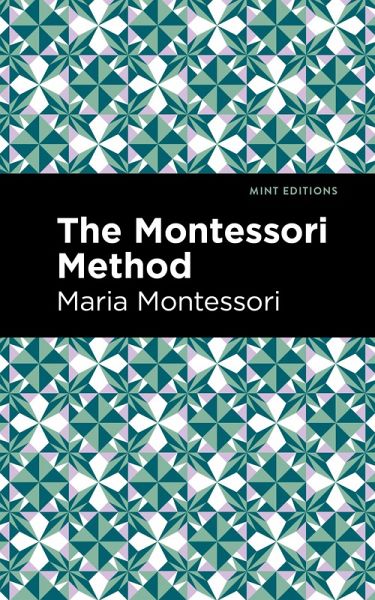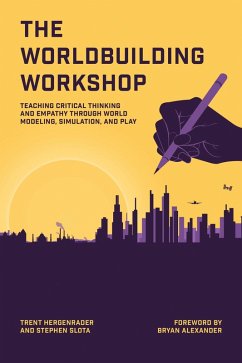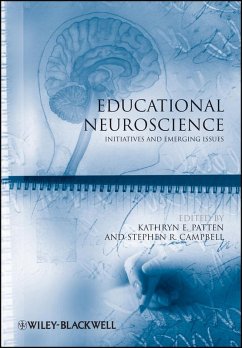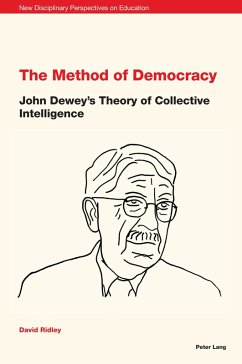
The Montessori Method (eBook, ePUB)

PAYBACK Punkte
3 °P sammeln!
The Montessori Method (1912) is a work on pedagogy by Maria Montessori. Originally written in her native Italian to describe the work she carried out at the Casa dei Bambini in Rome, the book was translated into English during a period of increasing popularity for Montessori and her educational method in the United States. By 1913, over 100 Montessori schools had been opened in the United States, prompting the educator to travel to the country on a lecture tour in December that year. Today, there are thousands of schools and classrooms around the world dedicated to the use of her method. "All ...
The Montessori Method (1912) is a work on pedagogy by Maria Montessori. Originally written in her native Italian to describe the work she carried out at the Casa dei Bambini in Rome, the book was translated into English during a period of increasing popularity for Montessori and her educational method in the United States. By 1913, over 100 Montessori schools had been opened in the United States, prompting the educator to travel to the country on a lecture tour in December that year. Today, there are thousands of schools and classrooms around the world dedicated to the use of her method. "All human victories, all human progress, stand upon the inner force. Thus a young student may become a great doctor if he is spurred to his study by an interest which makes medicine his real vocation. But if he works in the hope of an inheritance, or of making a desirable marriage, or if indeed he is inspired by any material advantage, he will never become a true master or a great doctor, and the world will never make one step forward because of his work." Through years of working with children as a physician and educator, Maria Montessori developed a unique method of scientific pedagogy emphasizing personal growth, individuality, psychology, and hands-on experience. First at her Casa dei Bambini and later at thousands of schools around the world, the Montessori method changed education for countless students and teachers alike, fostering understanding and respect without sacrificing the structures needed for children to grow into successful, confident adults. This edition of Maria Montessori's The Montessori Method is a classic of pedagogical literature reimagined for modern readers.
Since our inception in 2020, Mint Editions has kept sustainability and innovation at the forefront of our mission. Each and every Mint Edition title gets a fresh, professionally typeset manuscript and a dazzling new cover, all while maintaining the integrity of the original book.
With thousands of titles in our collection, we aim to spotlight diverse public domain works to help them find modern audiences. Mint Editions celebrates a breadth of literary works, curated from both canonical and overlooked classics from writers around the globe.
Since our inception in 2020, Mint Editions has kept sustainability and innovation at the forefront of our mission. Each and every Mint Edition title gets a fresh, professionally typeset manuscript and a dazzling new cover, all while maintaining the integrity of the original book.
With thousands of titles in our collection, we aim to spotlight diverse public domain works to help them find modern audiences. Mint Editions celebrates a breadth of literary works, curated from both canonical and overlooked classics from writers around the globe.
Dieser Download kann aus rechtlichen Gründen nur mit Rechnungsadresse in A, D ausgeliefert werden.













